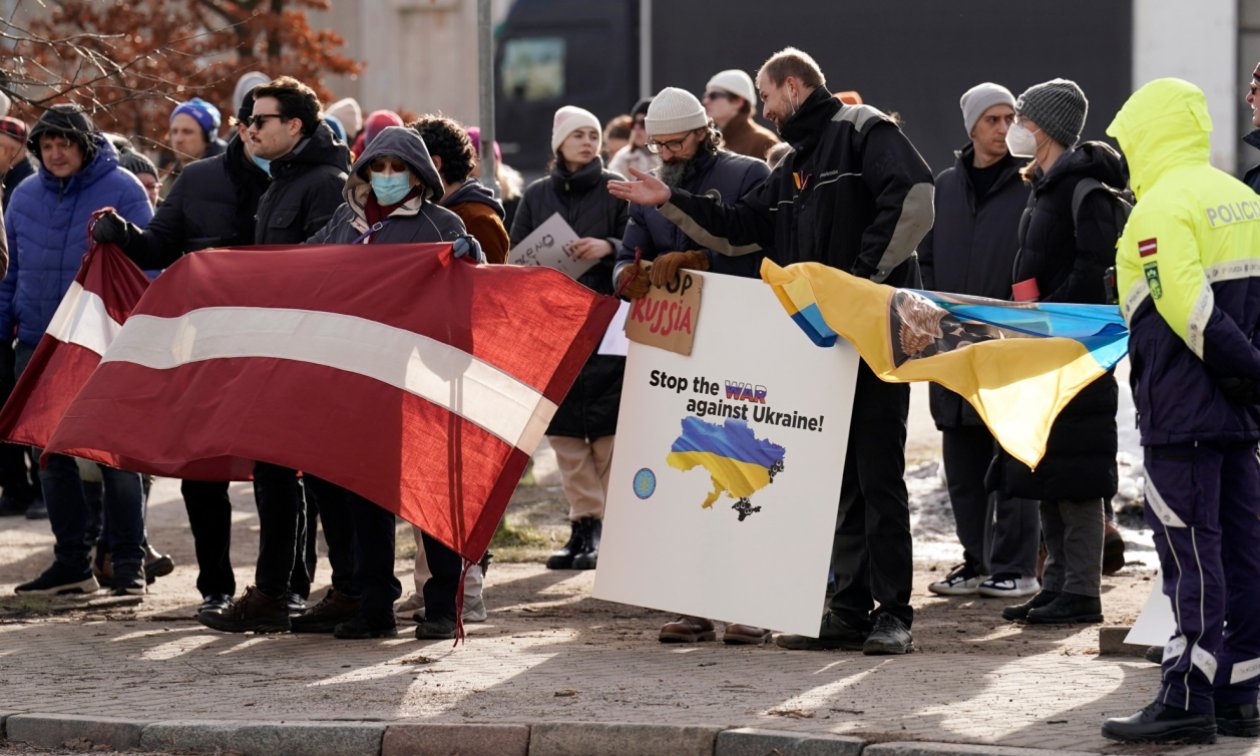The Russian war of aggression against Ukraine has had a huge impact on the Latvian media landscape: As of 2026, public service media will no longer offer content in Russian.

The Russian war of aggression against Ukraine has had a huge impact on the Latvian media landscape: As of 2026, public service media will no longer offer content in Russian.
